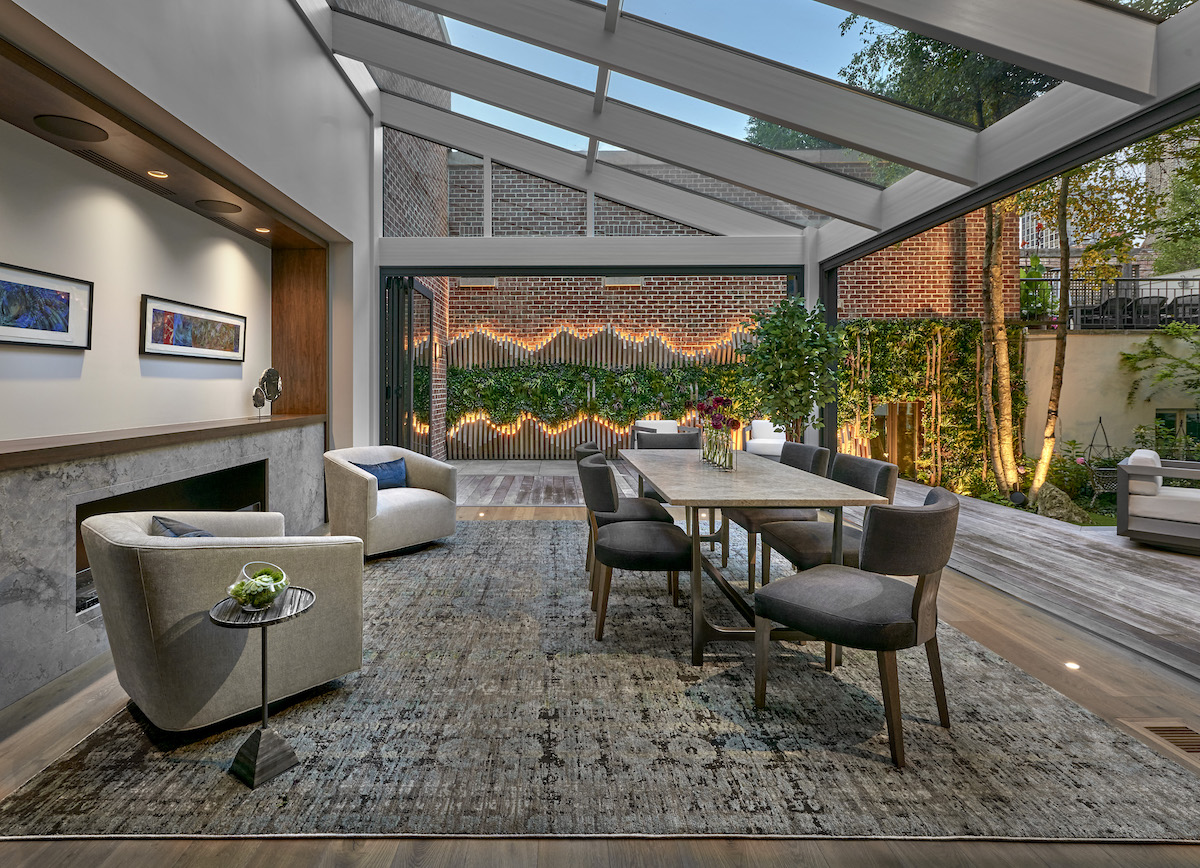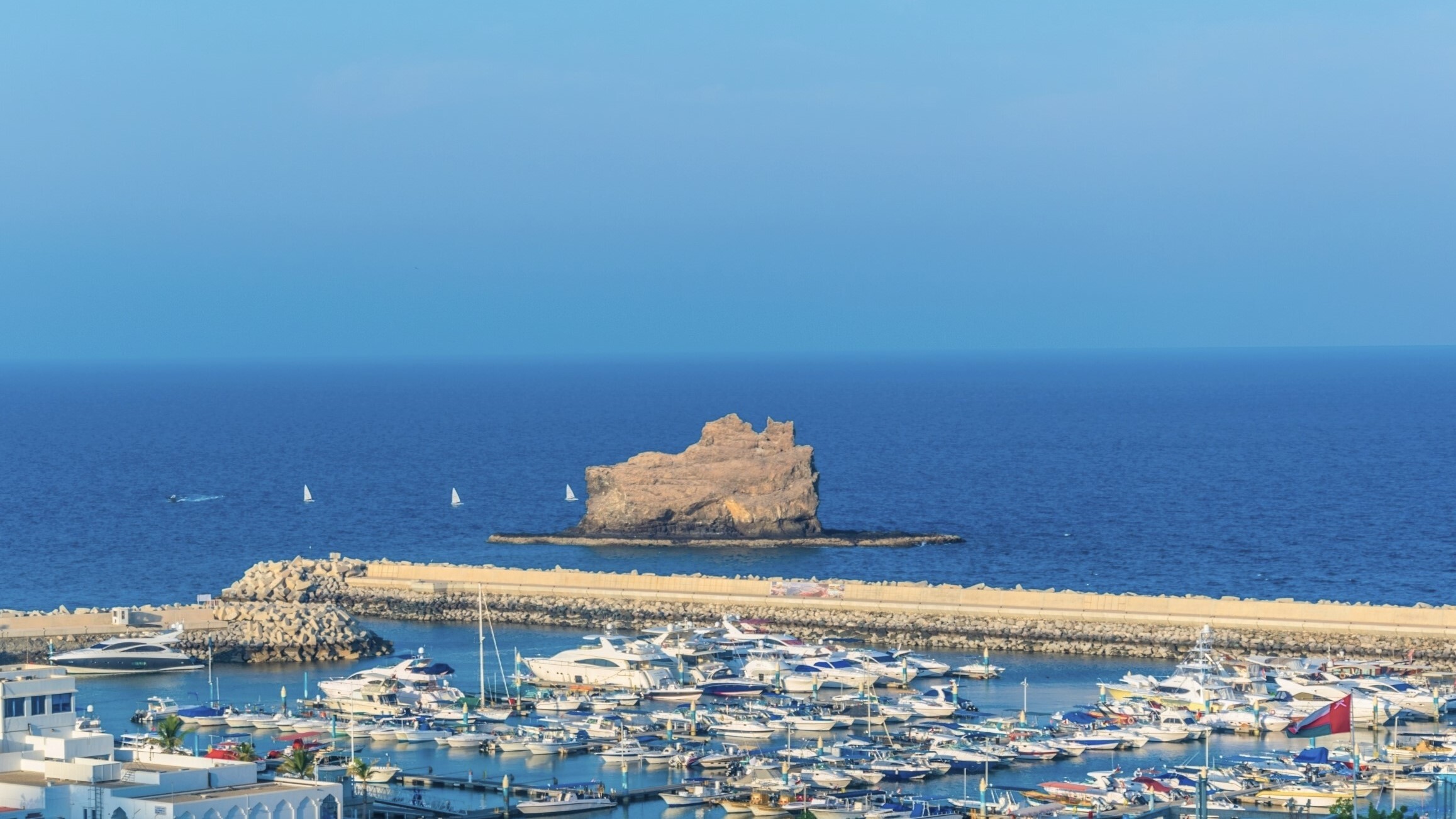In Turkey, an archeological dig can turn up dramatic surprises—ancient pottery, religious scrolls, and now, even a five-star hotel. But this surprise is only on visitors, not locals. This hotel isn’t a dig, it’s an efficient use of natural space—new luxury digs for adventuring tourists.

Turkey's Yunak Evleri hotel is seven ancient cave houses recessed into limestone cliffs of the Cappadocia region.
Ancient cave dwellers are considered lowbrow nomads but there’s little evidence of that here. The Yunak Evleri hotel (in the Cappadocia region) is a series of seven ancient cave houses recessed into limestone cliffs—dating back to the fifth and sixth centuries. Vacant as recently as 2000, the caves were imaginatively converted into an unconventional, 40-room hotel adjacent to a restored 19th century Greek mansion, which comprises the most recent part of the luxury establishment.
A regional attraction since the early Middle Ages, the ancient caves dot the hillside like pock marks, doubling as rustic suites on a reimagined rocky façade. Hotel rooms and public spaces are naturally beautified with multi-level plateaus, nooks, archways, stone fireplaces, and unique windows and doors—all carved into the spectacular landscape. Accommodations range from exotic luxury caves to multi-chamber deluxe suites (including family suites) for up to 80 guests.

Rooms are accessed through a labyrinth of narrow passageways and curved stone stairways on multi-level plateaus.
Rooms are accessed through a labyrinth of narrow passageways and curved stone stairways that lead to remarkable rooms decorated in the local traditional style. Décor is highlighted by Emperor marble floors, hand-laced curtains, antique chests and bedside tables, handcrafted writing desks, old kilim carpets, and antique lighting. And what’s a Turkish hotel without Turkish-style baths? Each room features white marble bathrooms accessorized with pedestal sinks, ceramic tubs, hydromassage, steam showers and/or Jacuzzis.
Yunak Evleri earns its five stars via its amenities—a panoramic rooftop restaurant, naturally cool rooms, personal patios that overlook the Turkish Mesa, and antique furnishings from the 1900s Ottoman Empire era. Kilim floor pillows invite guests to relax throughout the hotel. For visitors who wish to fully immerse themselves in Turkish tradition, hookahs (or “narghile”) are accessible as well. The caves were retrofit with modern facilities, such as international TV, Internet, Wi-Fi, a library, music room, power for lighting, and plumbing for the many baths and spas.

Hotel suites feature marble floors, hand-laced curtains, antique chests, handcrafted writing desks, and old kilim carpets.

The Turkish baths include white marble floors and walls, pedestal sinks, ceramic tubs, hydromassage, steam showers, or Jacuzzis.
Yunak is named for its local neighborhood in Ürgüp, originating from ancient times when women washed and socialized by the village square fountain, which was the center of daily life. The Cappadocia region is famous for carved homes, churches, and monasteries, which villagers crafted from the soft rocks of volcanic deposits (the village of Göreme became a monastic hub from 300 to 1200 AD). The region’s unique rock formations, including “fairy chimneys” and Aktepe Hill, were formed over millions of years following eruptions from ancient volcanoes.
The distinct regional terrain lends itself to popular local activities, such as hot air ballooning, horseback riding, trekking, biking, and, of course, local customs like belly dancing and whirling dervish ceremonies—offering Yunak Evleri hotel guests a temporary escape from their caves.
Photos courtesy of Yunak
















